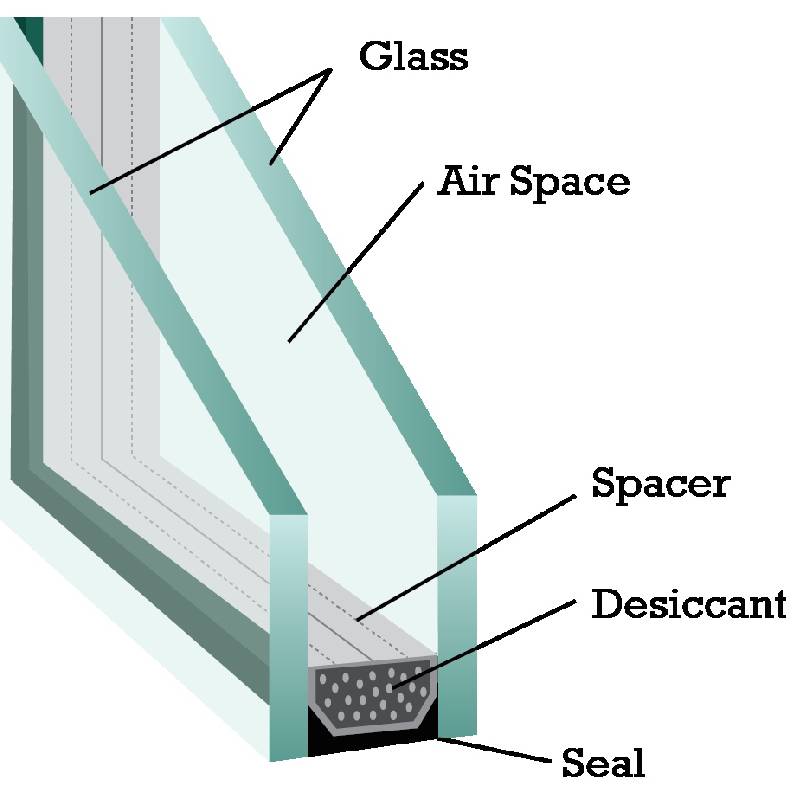

The Wonders of Aluminum Mirrors A Blend of Functionality and Versatility
Aluminum mirrors have emerged as one of the most popular choices for various applications ranging from astronomical telescopes to everyday household items. Their unique properties offer advantages over traditional glass mirrors, making them an excellent choice for both commercial and personal use. Understanding their composition, benefits, and diverse applications can shed light on why aluminum mirrors are becoming increasingly favored.
First and foremost, the primary advantage of aluminum mirrors lies in their lightweight nature. Compared to glass mirrors, aluminum mirrors are significantly lighter, which makes them easier to handle and install. This characteristic is especially beneficial in large-scale applications, such as in the construction of telescopes and spacecraft, where weight reduction is critical for efficiency and performance. The ease of transportation and installation not only saves time and labor costs but also allows for creative designs that might be impractical with heavier materials.
Another distinguishing feature of aluminum mirrors is their high reflectivity. When coated with a thin layer of aluminum, these mirrors can achieve reflectivity rates of up to 90% or more across a wide range of wavelengths, including visible light. This makes them ideal for optical applications, where maximizing light reflection is essential. For instance, in telescopes, aluminum mirrors enhance the brightness of celestial objects, enabling astronomers to make more detailed observations.

Durability is another compelling aspect of aluminum mirrors. They are resistant to shattering, unlike glass mirrors, which makes them safer in various environments. This durability extends to their resistance against environmental factors such as humidity and temperature fluctuations. Aluminum mirrors can be treated with protective coatings, further increasing their lifespan and maintaining their reflective properties over time. As a result, they are suitable for outdoor applications, such as signage and façade elements in architecture, where exposure to the elements is a common concern.
Additionally, the manufacturing process of aluminum mirrors is more flexible than that of traditional glass mirrors. They can be fabricated into various shapes and sizes, offering customizable solutions for diverse applications. Whether it is a small mirror for personal grooming or a massive reflective surface for industrial uses, aluminum mirrors can be tailored to meet specific needs. This versatility allows designers and engineers to incorporate them into innovative projects without the constraints often associated with more rigid materials.
In the realm of aesthetics, aluminum mirrors provide a modern and sleek appearance. Their reflective surfaces can enhance the visual appeal of any space, adding depth and brightness. This makes them a favorite choice for interior designers and architects who seek to create contemporary environments. The ability to achieve a high polish finish further elevates their visual effectiveness, ensuring that they are not only functional but also stylish.
In summary, aluminum mirrors present a compelling choice for a wide array of applications due to their lightweight nature, high reflectivity, durability, manufacturing flexibility, and aesthetic appeal. As technology continues to advance, the capabilities of aluminum mirrors are likely to expand, opening new possibilities in various fields from scientific research to everyday consumer products. Whether used in high-tech equipment or decorative elements, aluminum mirrors underscore a perfect marriage of function and form, emphasizing their growing significance in our increasingly reflective world.